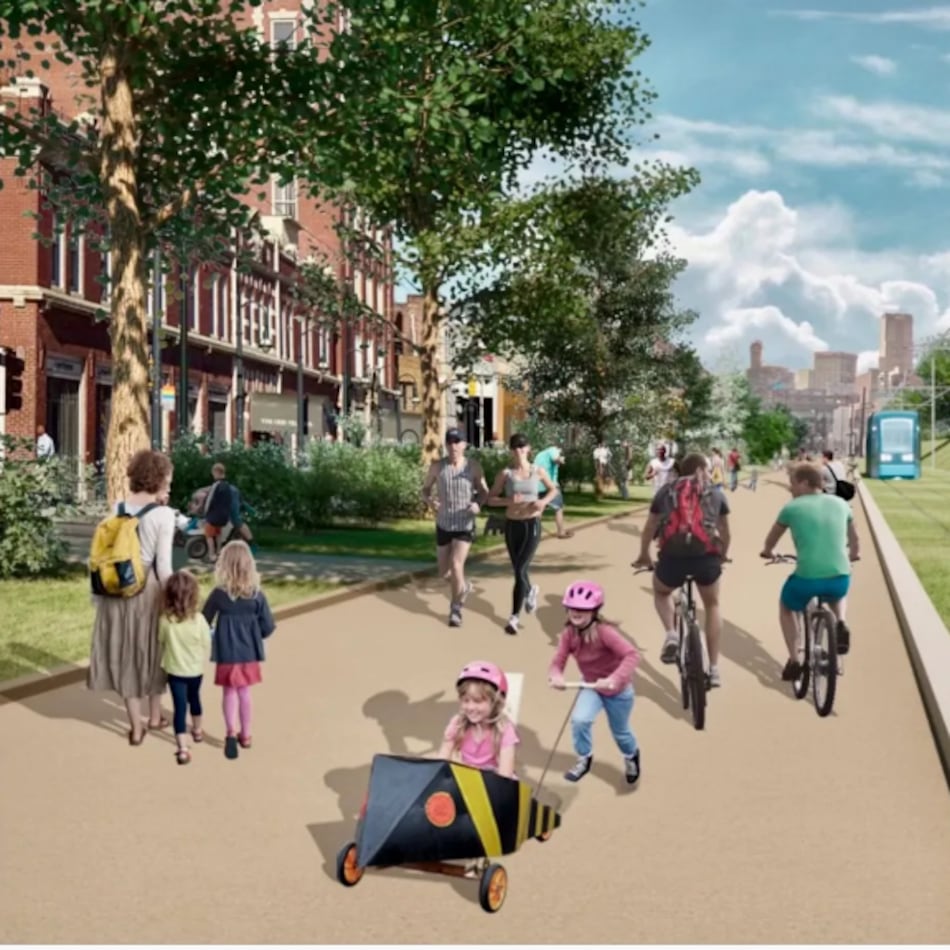CHICAGO (AP) — Five Chicago police officers from a tactical unit who fired their guns nearly 100 times during a 2024 traffic stop that killed a 26-year-old man won't face criminal charges, prosecutors announced Wednesday.
“The decision is not reached lightly nor does it diminish the tragedy that occurred," Cook County State's Attorney Eileen O’Neill Burke said at a news conference. “But to the question of whether the officers committed a crime under the Illinois Criminal Code, the answer is straightforward: They did not.”
The shooting that killed Dexter Reed, a Black man, raised questions about the use of force and the role of tactical officers who were involved. In Reed's case, the officers were dressed in plainclothes and drove unmarked cars as they surrounded Reed's SUV on March 21, 2024.
Reed fired first, which Burke said was part of the “clear and overwhelming evidence” that led her to decide against pursuing charges. One officer was injured. Burke said Reed fired 11 rounds in two bursts with a gun he obtained illegally.
The officers shot back 96 times, even after Reed left the vehicle, fell to the ground and lay motionless. One officer alone fired 50 shots.
Reed was hit 13 times, including on his legs and chest, according to the Cook County medical examiner. The shooting and Reed’s death happened within roughly one minute.
Police have released little and at times conflicting information about what prompted the traffic stop. Initially police said officers had pulled Reed over for not wearing a seat belt. Later city attorneys said it was due to illegally tinted windows.
Messages left Wednesday for the Chicago Police Department and the police union were not immediately returned.
The officers were placed on administrative leave. Community activists called for them to be fired immediately in the killing of another young Black man.
Reed’s family has filed a wrongful-death lawsuit, alleging “brutally violent” policing tactics, and have called for the city to work harder to comply with a court-supervised reform plan prompted by a 2014 police shooting where officers shot Black teenager Laquan McDonald 16 times.
Reed was a former high school and college basketball player with ambitions of being a sportscaster. Family remembered him as a kind, caring person who had experienced recent health problems, including recovering from a 2021 shooting, and post-traumatic stress disorder.
The family alleged that the officers didn’t properly identify themselves as police during the West Side traffic stop; lacked reasonable suspicion to stop Reed; escalated the situation by immediately drawing guns, blocking his vehicle and shouting profanity-laced commands; and failed to provide timely medical care as Reed lay in the street.
Family members were disappointed in the decision not to file charges, according to attorney Andrew Stroth, who represents Reed's family.
“We will continue to fight for justice,” Stroth said in a statement. “This case is about the pattern and practice of unconstitutional actions by tactical units within the Chicago Police Department.”
Chicago police have declined to comment specifically on investigation of the shooting. But they have generally addressed the work of the tactical officers, saying such units have been part of each district’s patrol for years. They are generally sent to areas with high crime patterns, working in uniform and sometimes in street clothes.
Burke said her office would not address questions on policing. “It is not this office’s role to examine or cast judgment on police tactics,” she said.
The Latest
Featured


